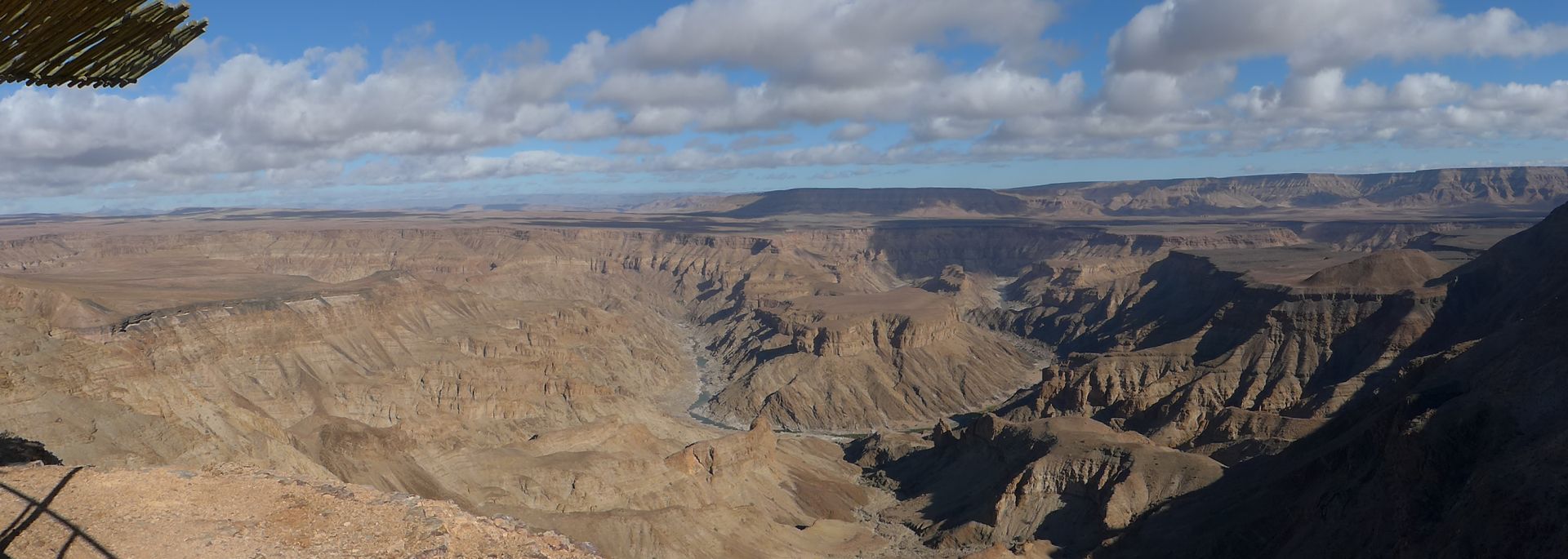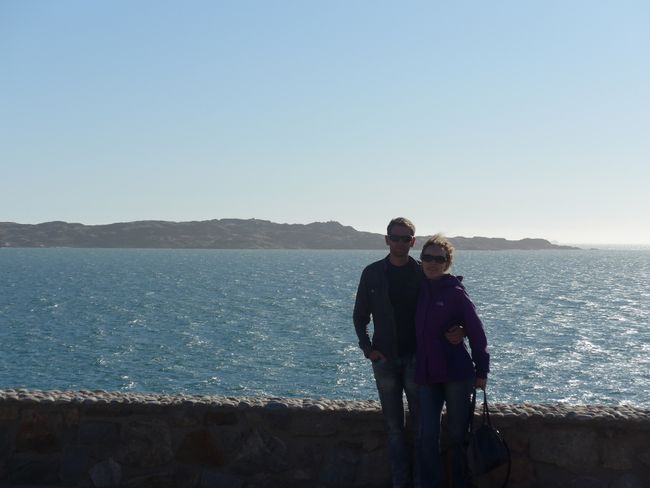Das goldene Dreieck (Thailand Part 11)
Buga: 17.03.2019
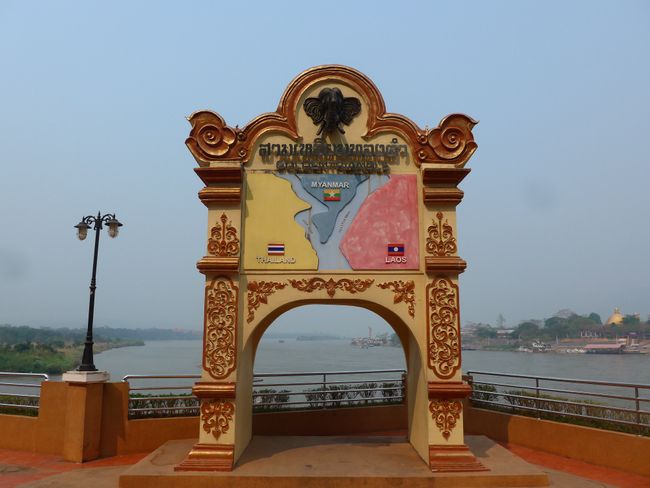
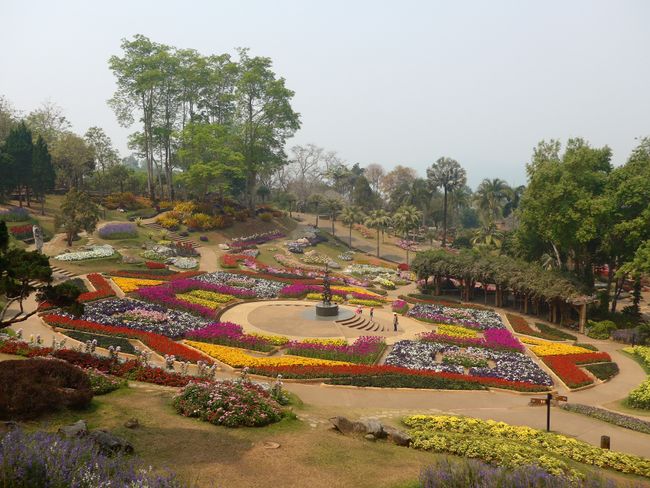
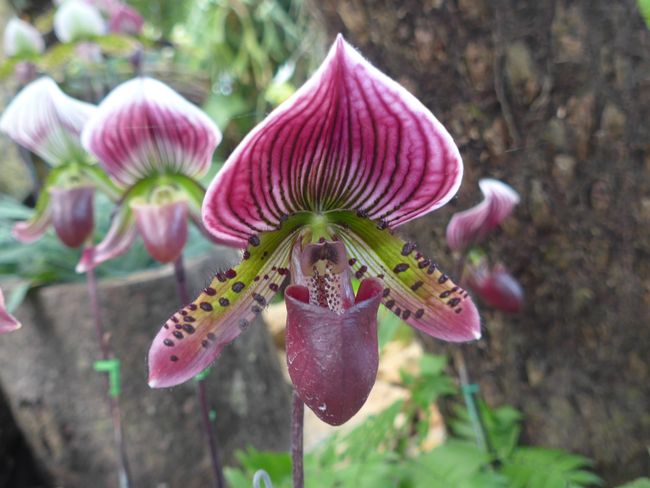
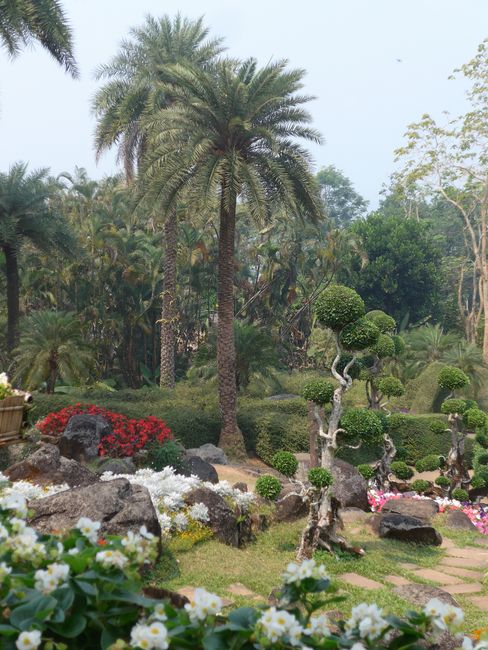
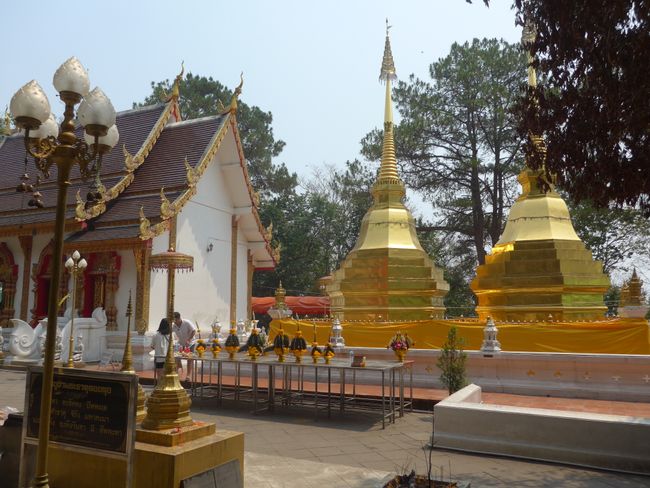
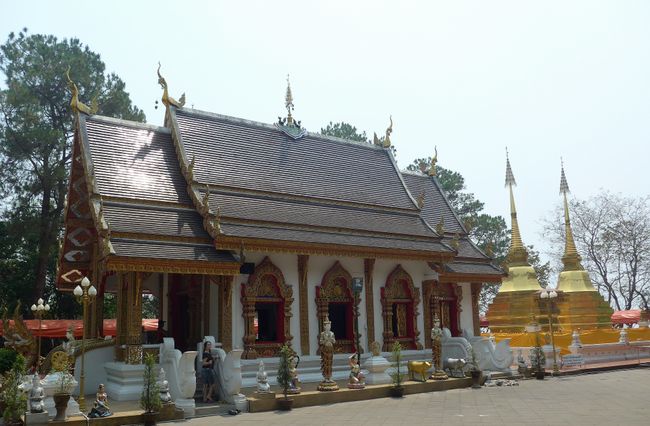
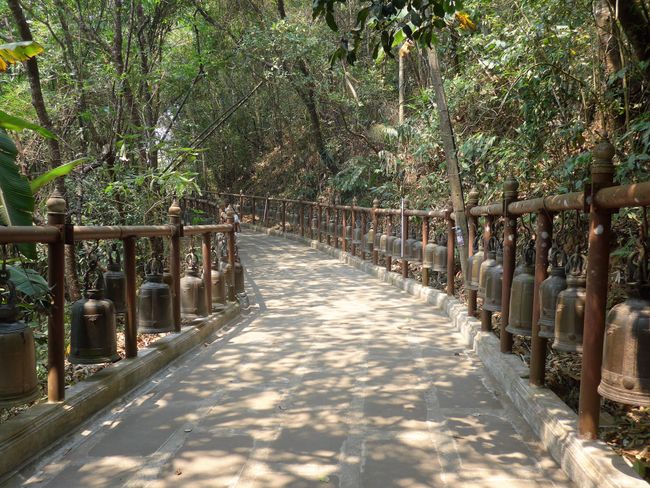
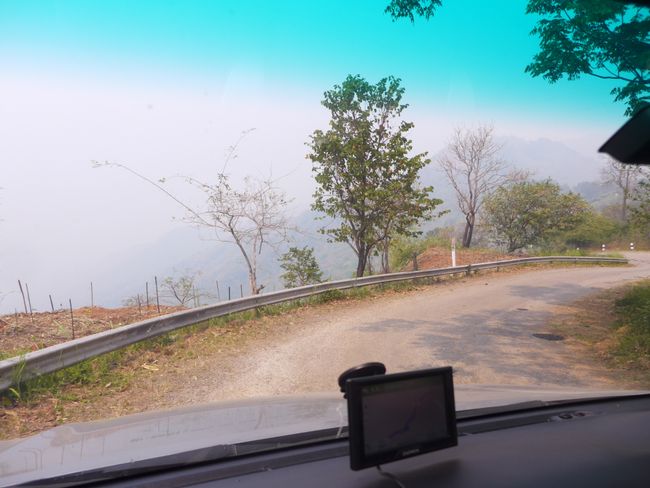
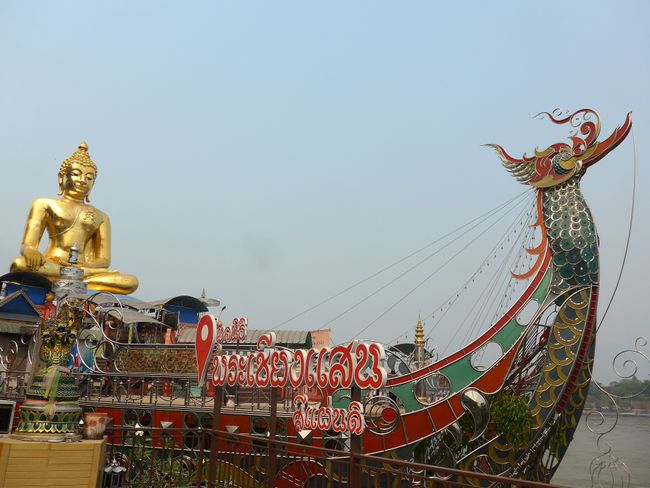
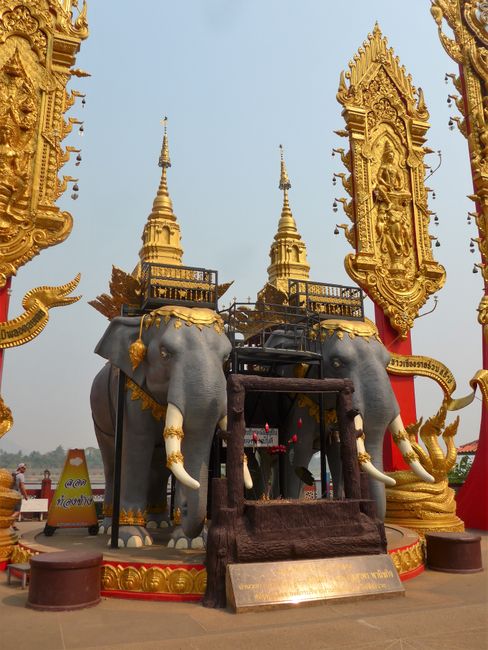
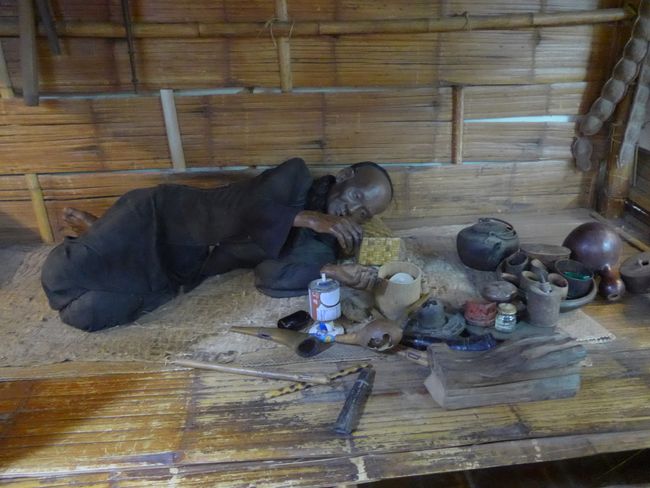
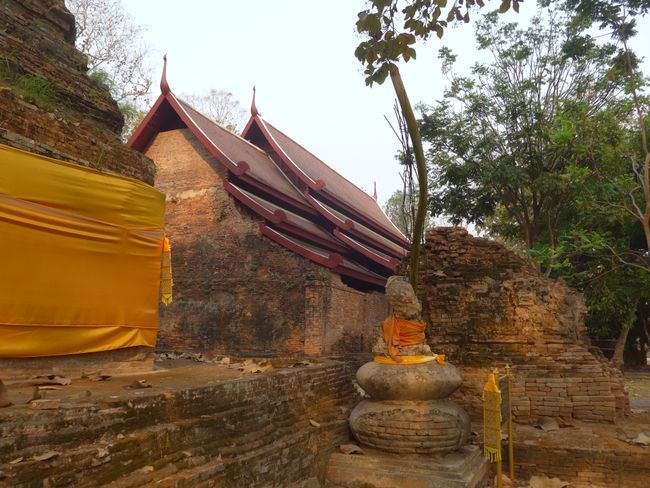
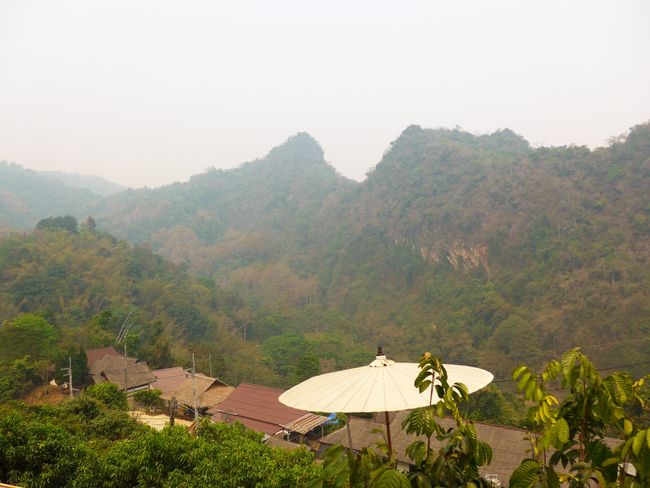
Biyan kuɗi zuwa Newsletter
A mountainous landscape extends in northern Thailand. This area, known as the 'Golden Triangle,' is particularly famous and infamous for its once thriving opium cultivation and trade.
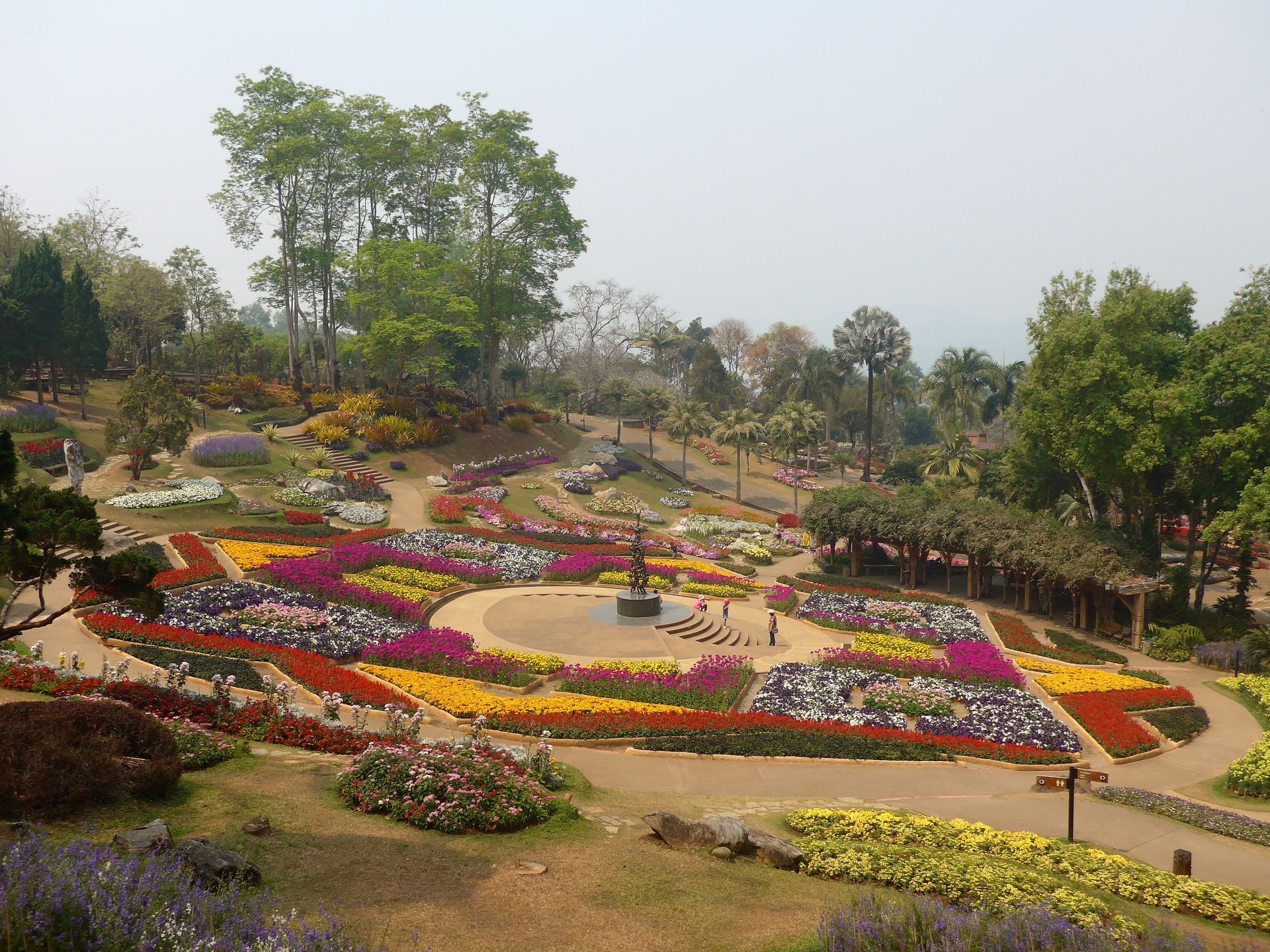
The king's mother wanted to help the region move away from drug trafficking and environmental destruction. Some initiatives to do so were initiated by her, including the cultivation of plants that could be sold.
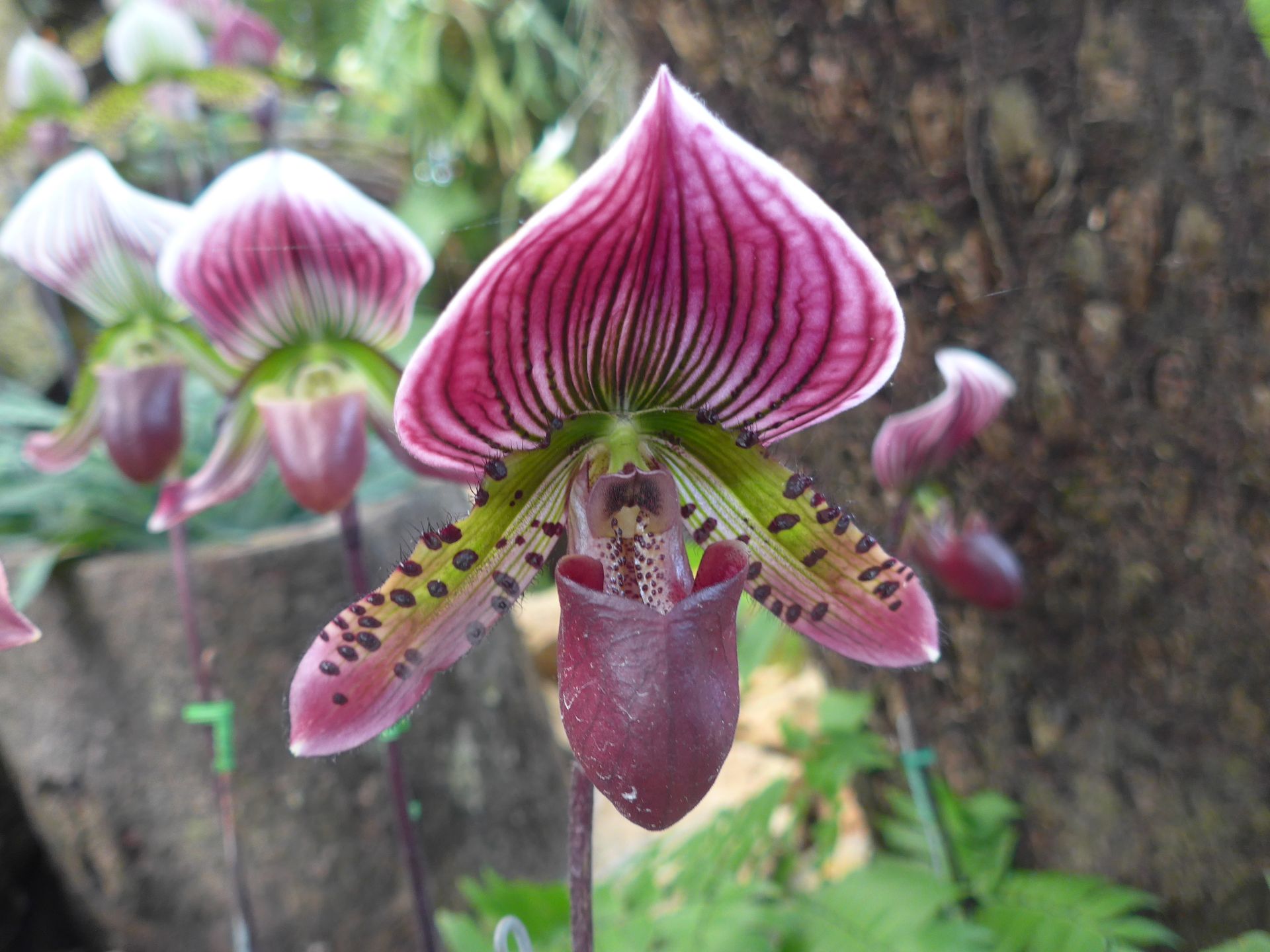
We were able to see some of these plants at the Mae Fah Luang Gardens near the royal residence of Doi Tung. In this botanical garden, visitors can admire exotic plants such as geraniums, begonias, pansies, and petunias. Of course, there were also some more exotic plants for us to admire.
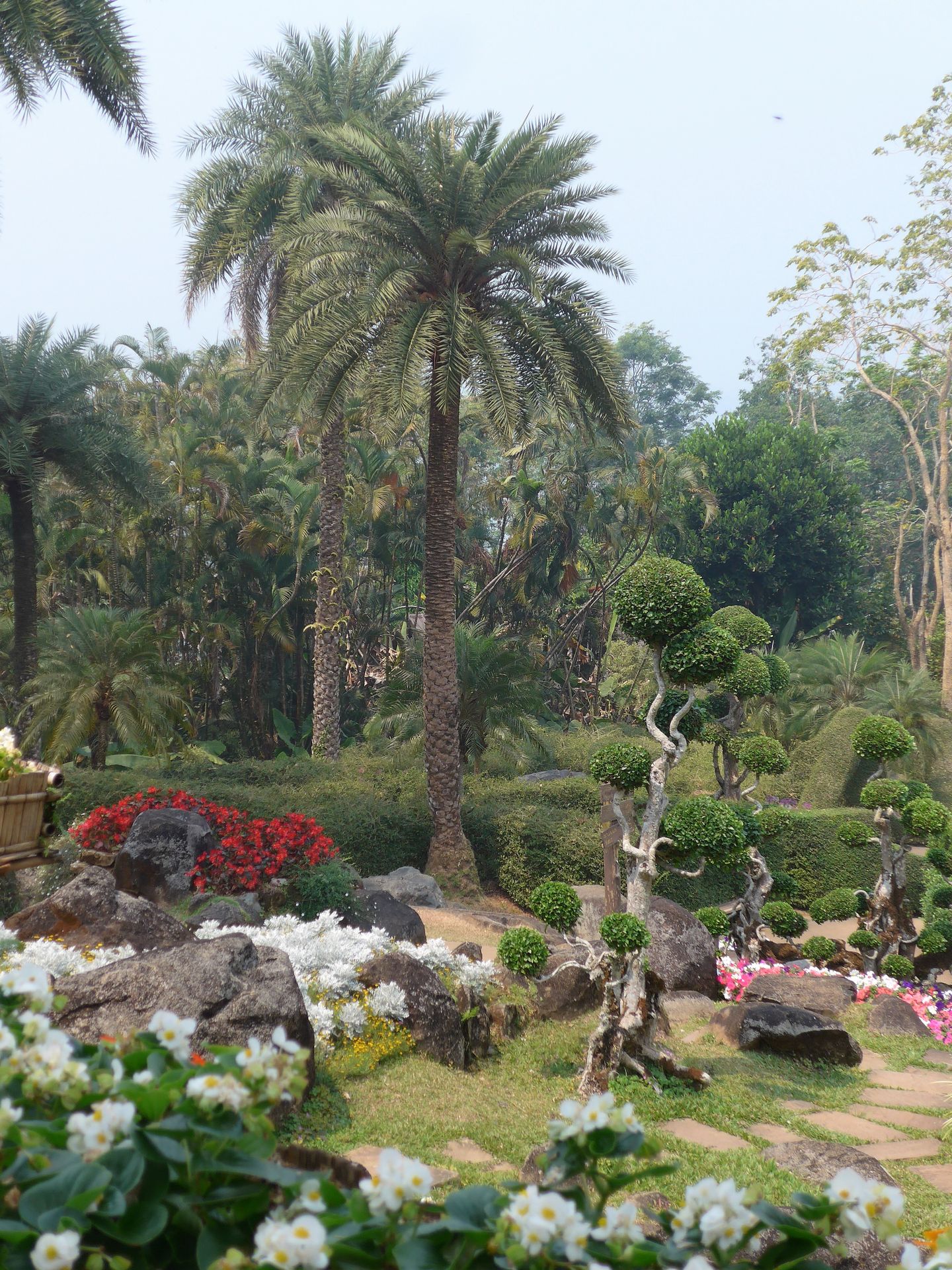
The royal house was also open for visitors, but it was during their lunch break when we were there. So we decided to continue directly to Wat Phathat Doi Tung.

This temple is said to be the most significant in the region and dates back to 911 AD. A part of Buddha's collarbone is said to be kept in the Twin Pagoda. Women are not allowed to enter - the first time we have seen such a regulation in a temple here.
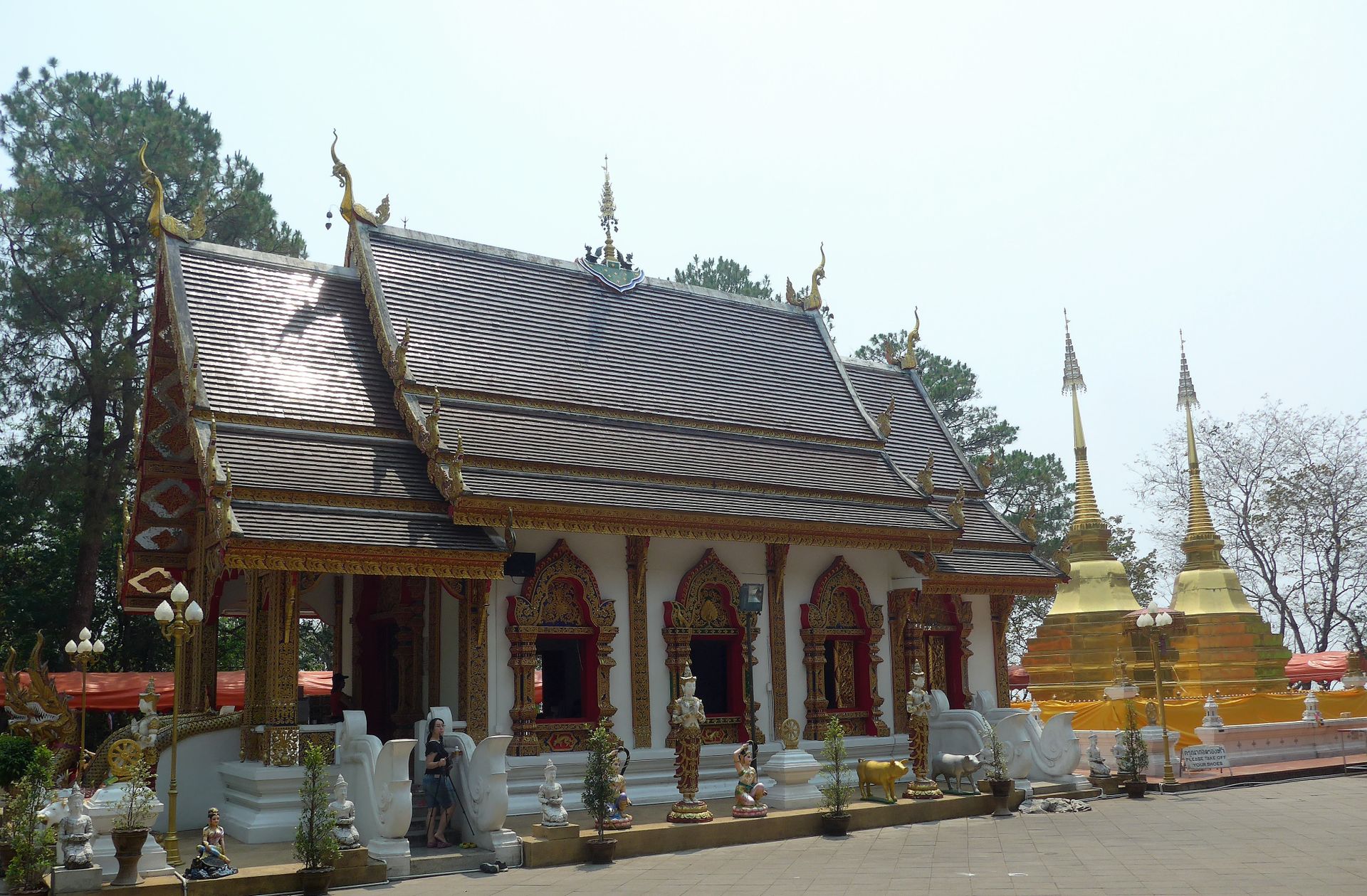

We had our lunch break in a mountain village, which was connected by an even narrower road. The tourist infrastructure was quite well developed with a souvenir shop and two cafes. After some initial communication difficulties, we found out that there was not only hot food but also an English menu. So we had (spicy) Thai food with a view.
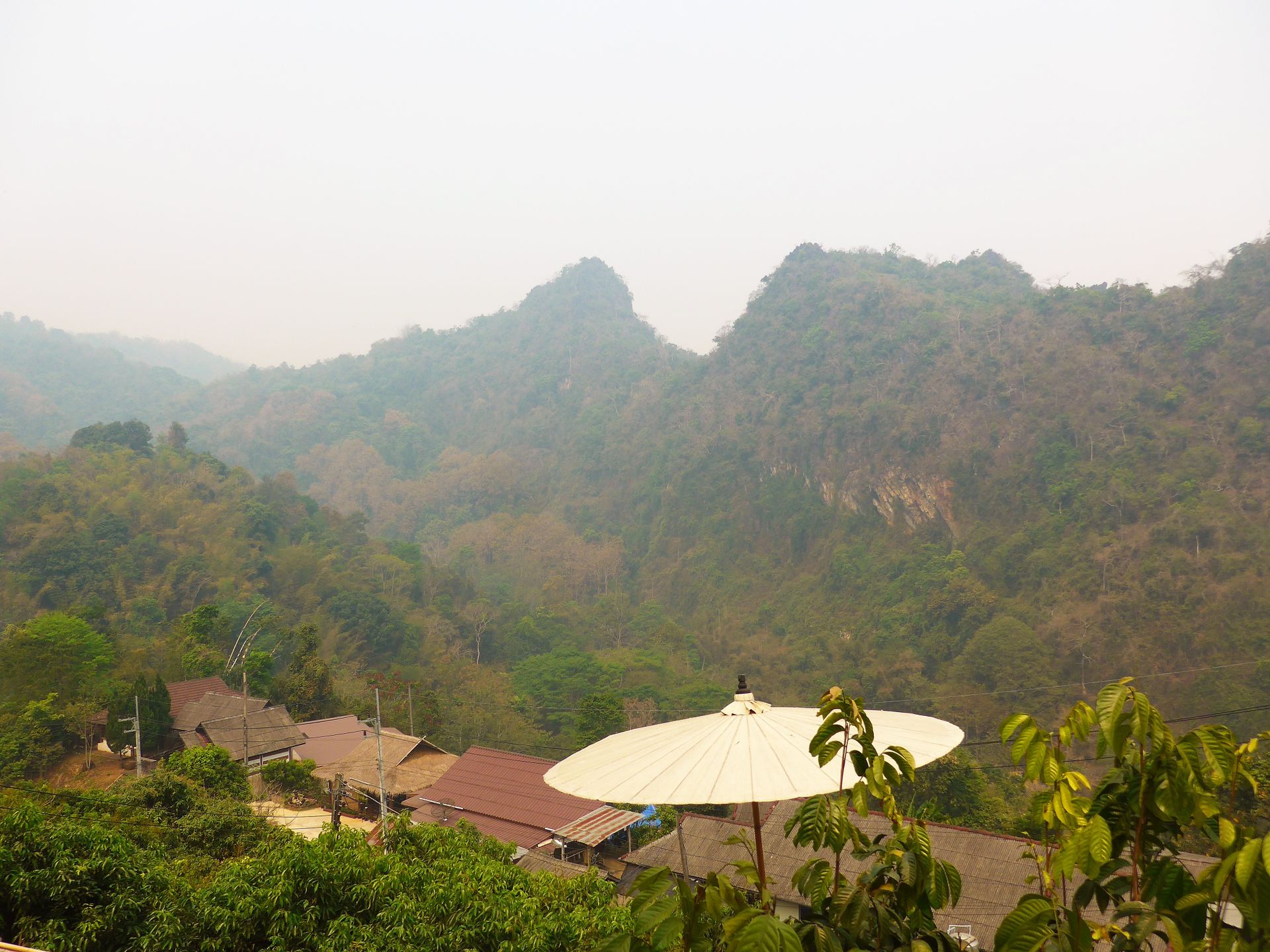
Then we arrived at the Golden Triangle, the border area of Thailand, Myanmar, and Laos. It is called 'golden' because the opium once traded here was weighed in gold.
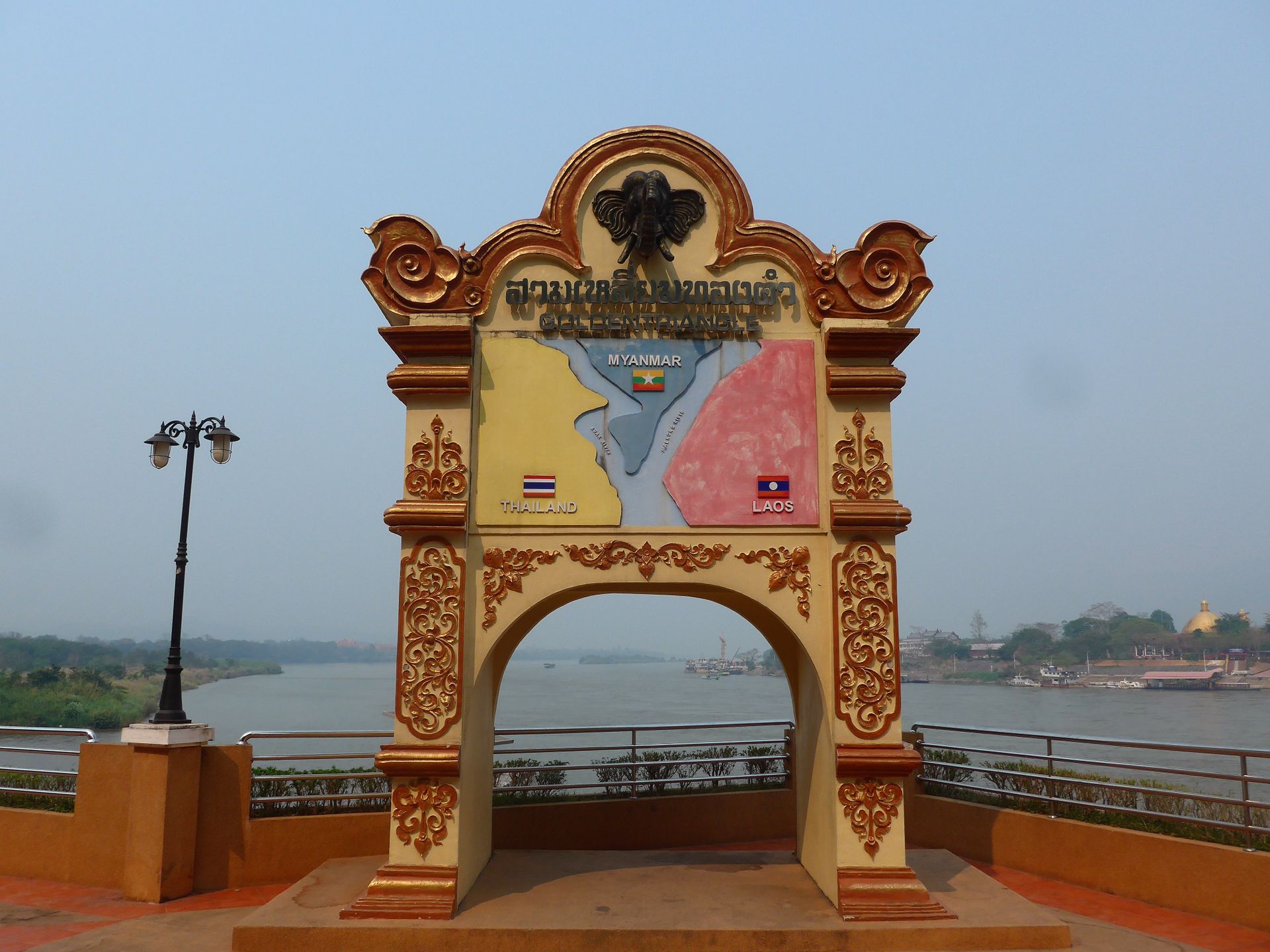
We walked along the Mekong River, where giant statues were set up along the shore for tourists to take photos.
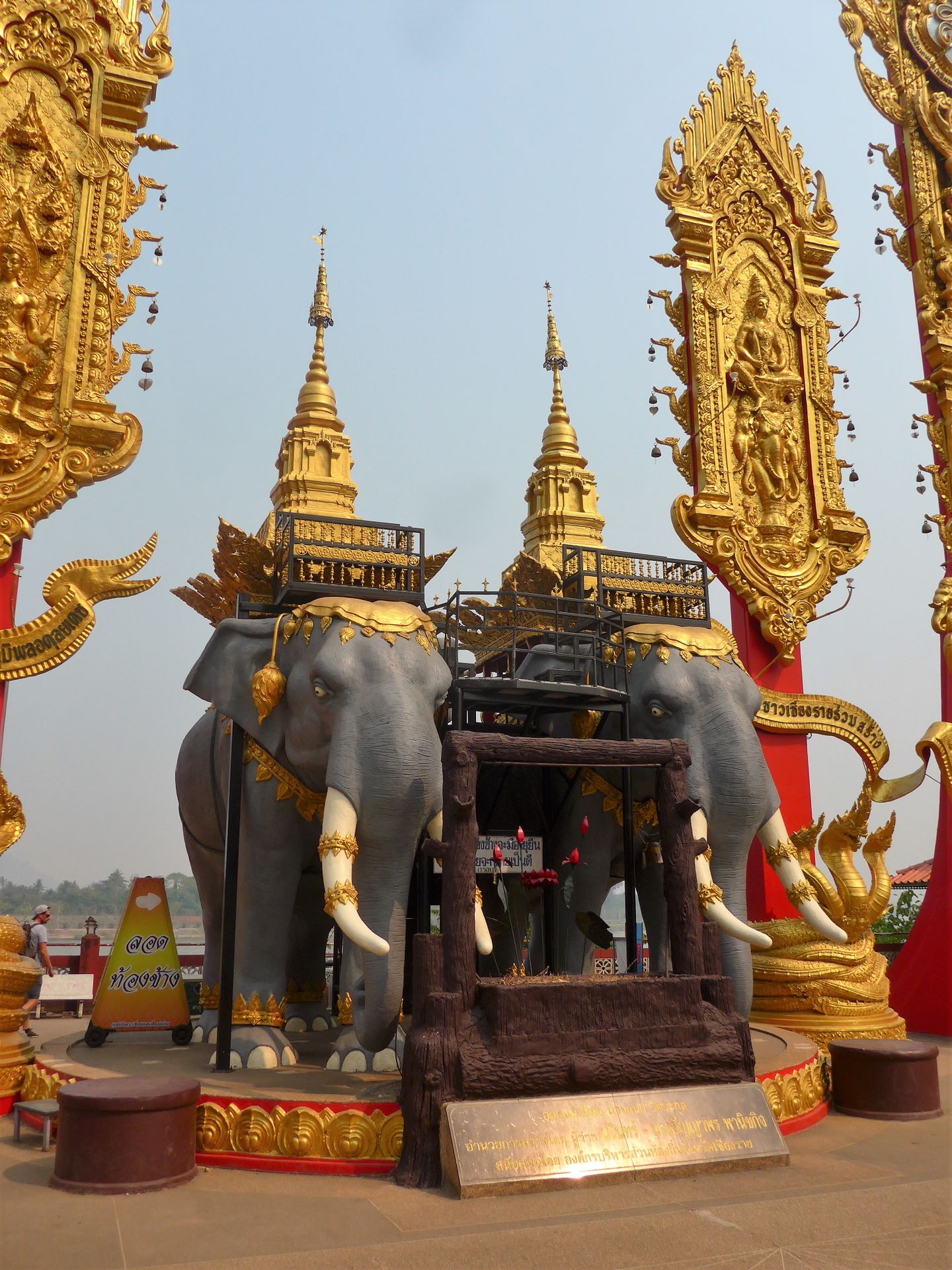
There was also a boat with a large golden Buddha statue overlooking the Mekong. On the other side, there was a 'happy Buddha' that laughed every time someone threw a coin.
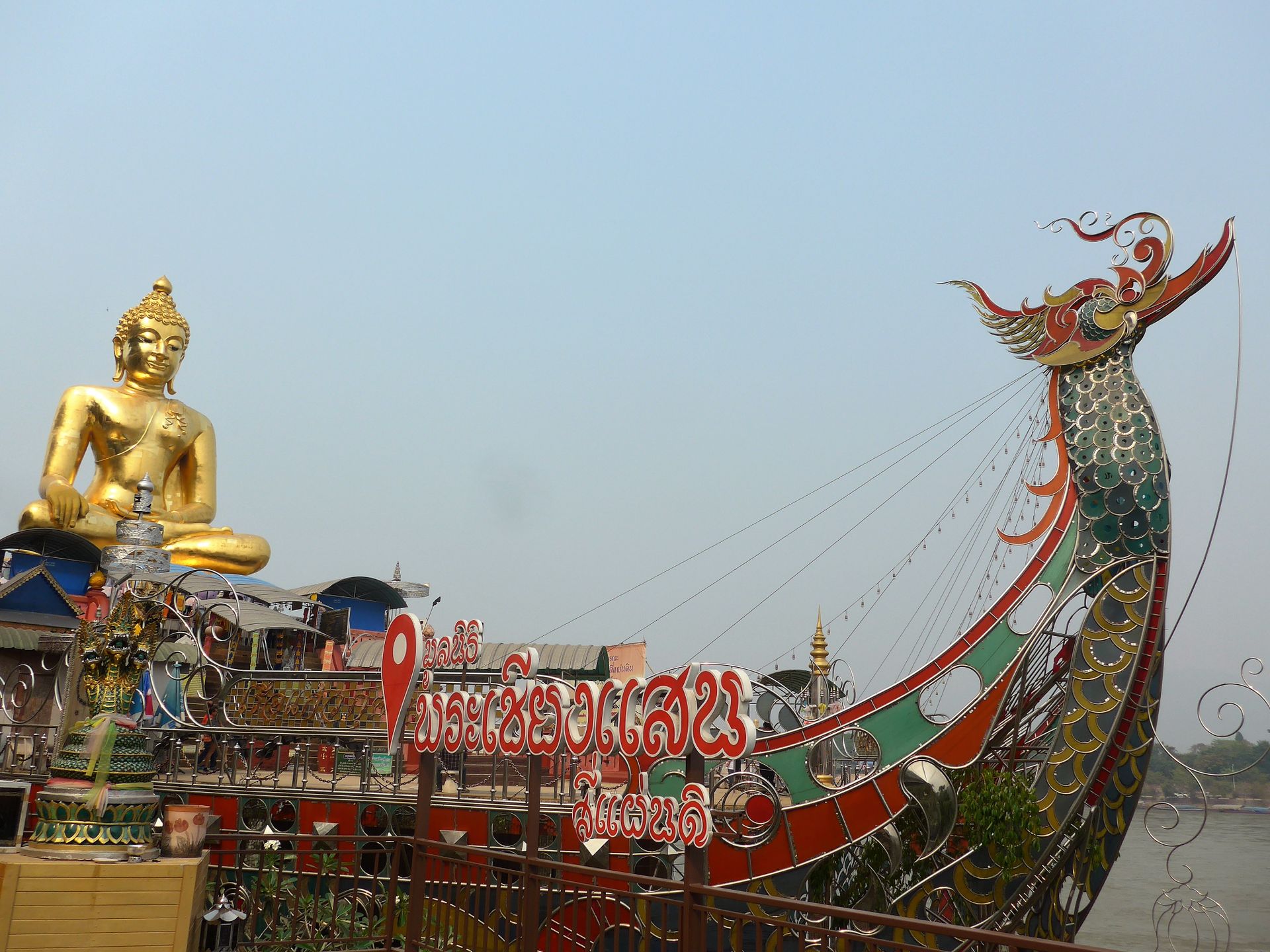
In the Opium House, a museum, we read about the history of opium and its proper use.
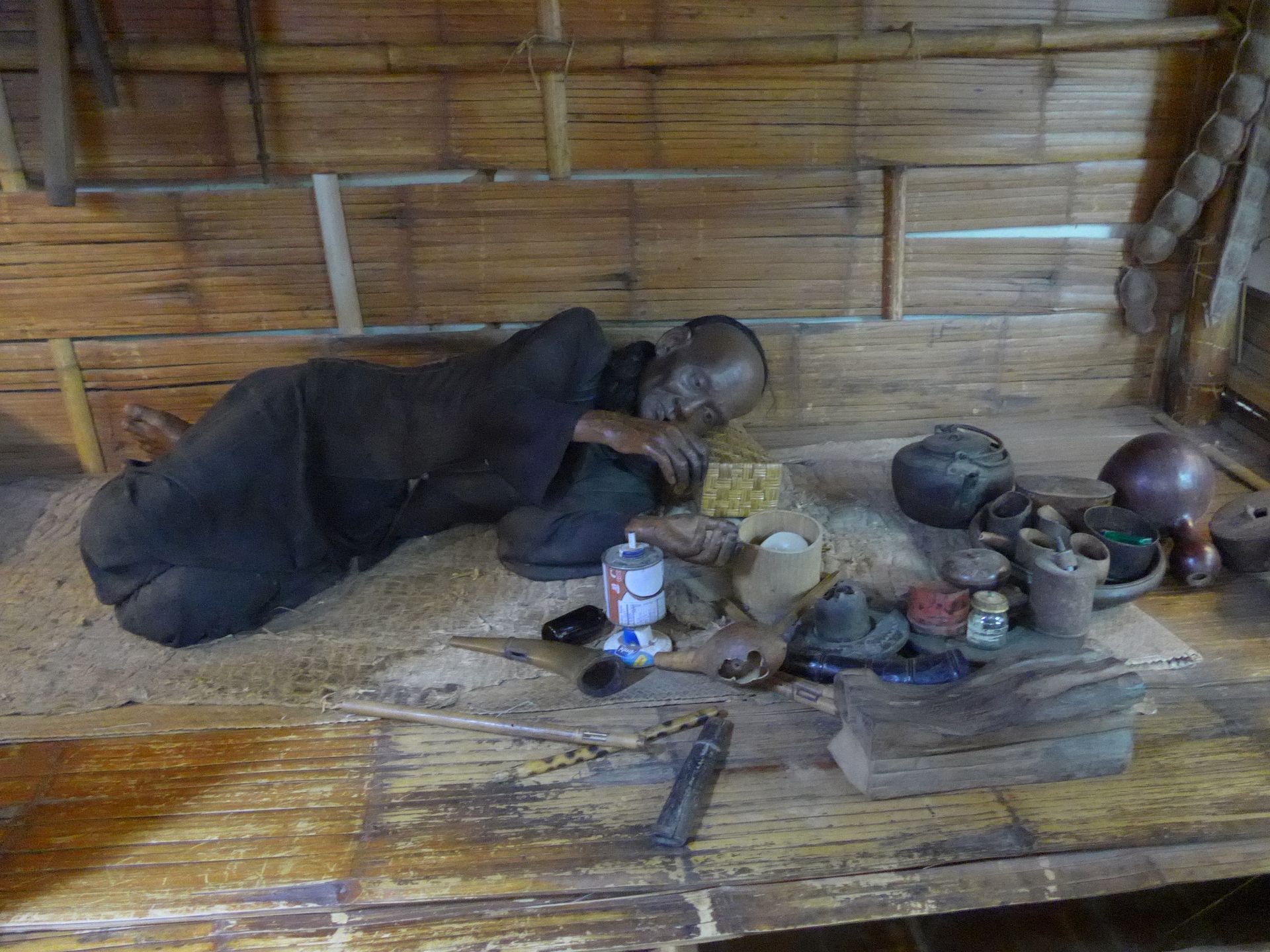
As it was already quite late, we only briefly stopped in Chiang Saen, a town located at the intersection of an old trade route from Laos and China. There, we visited the ruins of Wat Chedi Luang. A new roof was built above the collapsed hall so that it can be used as a temple again.

Biyan kuɗi zuwa Newsletter
Amsa
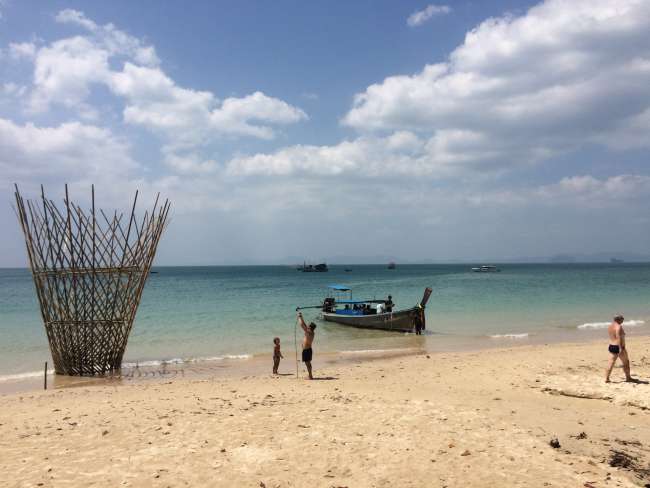
Rahoton balaguro Tailandia
